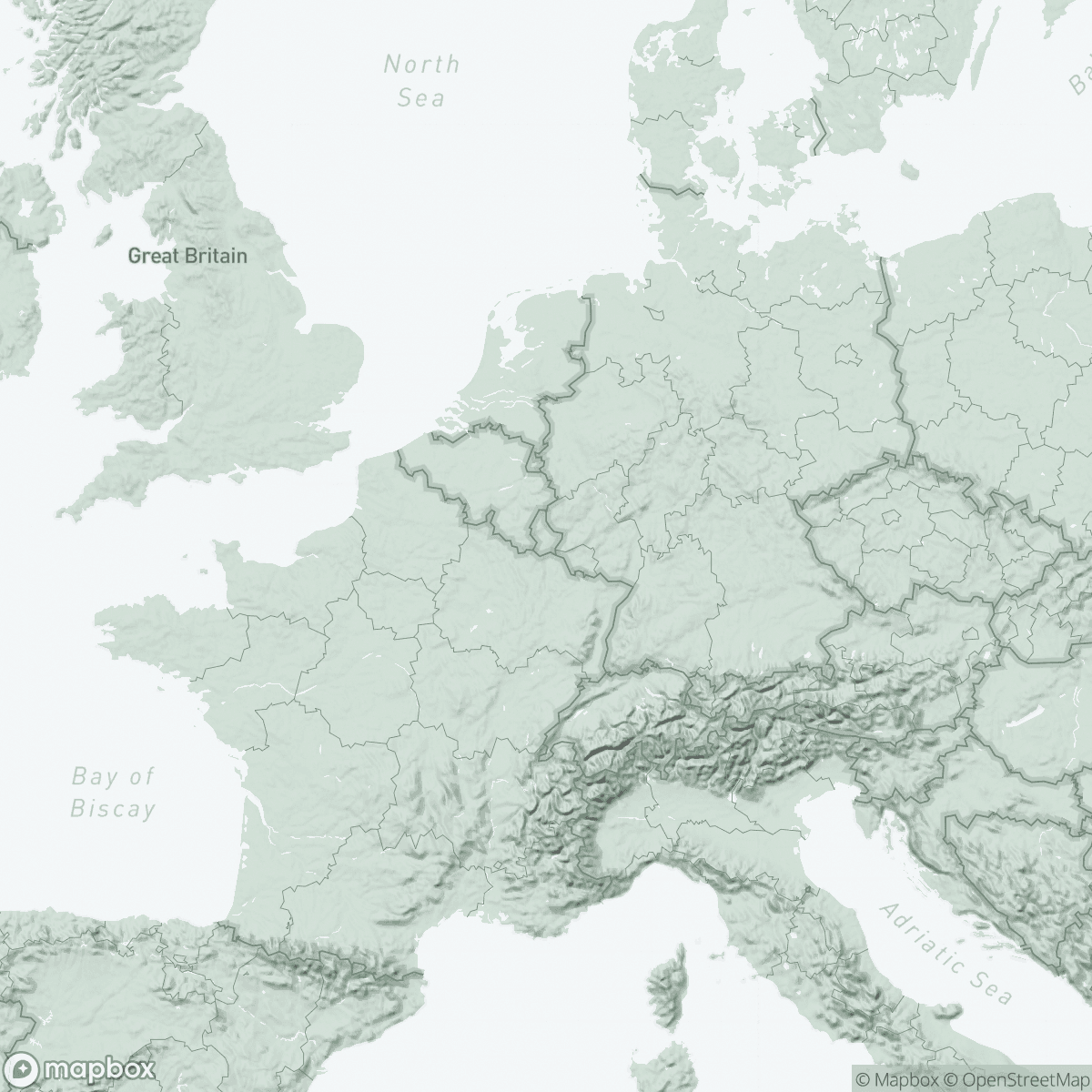
Five years of Covid-19: are we truly prepared for the next pandemic?
In 1 click, help us spread this information :
On March 11, 2020, the World Health Organization (WHO) declared COVID-19 a pandemic. Five years later, the question arises:
Has the global community learned the right lessons? Would it be better prepared in the event of another pandemic?

"Yes and no", says Melissa Scharwey, a global health expert from Doctors Without Borders in Germany:
"On the one hand, the world is better prepared today because COVID-19 has raised awareness of the need for more effective rules for pandemic prevention and response," says Scharwey.
"Another important aspect is that the WHO’s legally binding International Health Regulations have been strengthened—for example, by adding equitable access to medical supplies as a central principle. Additionally, the international community is currently negotiating a pandemic treaty to better coordinate future preparedness and responses."
However, efforts remain insufficient. The COVID-19 pandemic exposed the unequal distribution of medical resources.
"To respond effectively to the next pandemic, much more must be done to address structural inequalities in access to medicines and vaccines," Scharwey explains.
Dr. Amrish Baidjoe, Director of MSF’s operational research unit in Luxembourg (LuxOR), echoes these concerns, highlighting the failures of global cooperation in ensuring fair access to protective materials and vaccines:
"The COVID-19 pandemic showed us how we could work together as a global community.
However, in many aspects, it revealed we failed to come together and create an equal playing field in access to essential tools to combat such a large crisis.
Countries where MSF operates were the last on the priority list when it came to receiving protective materials, such as facemasks, diagnostic equipment, and most importantly, vaccines."
Amrish Baidjoe also warns that little progress has been made in addressing these disparities:
"Five years later, we haven’t progressed as a global community on any of these good intentions. The recent outbreaks of Mpox have once again illustrated this. This emphasizes the need for a stronger focus on the push for tools that are developed under more open licenses and can be produced across the globe.
I do fear any other big health crisis that may arise, not only because we haven’t progressed in better mechanisms to share lifesaving tools and technologies, but we have also lost a lot of trust from communities."
Trust, Baidjoe argues, is an essential factor in pandemic preparedness: "Outbreaks of disease, whether small or those with pandemic potential, start and end in communities. However, in many areas of the world, health responders are struggling with declining levels of trust from communities—something that is essential to our work as healthcare providers. It is also crucial in preventing patients from becoming sick and ensuring they receive the right treatments when needed. "
With widespread misinformation, it is more important than ever to redouble our efforts in strengthening our human bonds with people and communities."
Melissa Scharwey adds that the international community’s pandemic response mechanisms were not effective enough. "At the time, countries primarily provided national responses to a global problem. The international community’s solution was not effective enough," says Scharwey. There were attempts to share vaccines with all countries, "but these were always inadequate and depended on the goodwill of individual nations."
If we don’t want to repeat the mistakes of the COVID-19 pandemic, the pandemic treaty must prioritize not only efficiency and transparency but also fairness and solidarity," Scharwey emphasizes.
This means, among other things, that during a pandemic, market monopolies should not be protected, and all qualified manufacturers should be allowed to produce vaccines and medicines. To achieve this, knowledge, technology, and intellectual property must be shared. Additionally, individuals who participated in clinical trials for vaccine development should be guaranteed access to the final product.
Finally, one more aspect must be prioritized in the future: the protection of healthcare workers and other high-risk groups worldwide. Without their safety and trust, an effective pandemic response remains out of reach.



